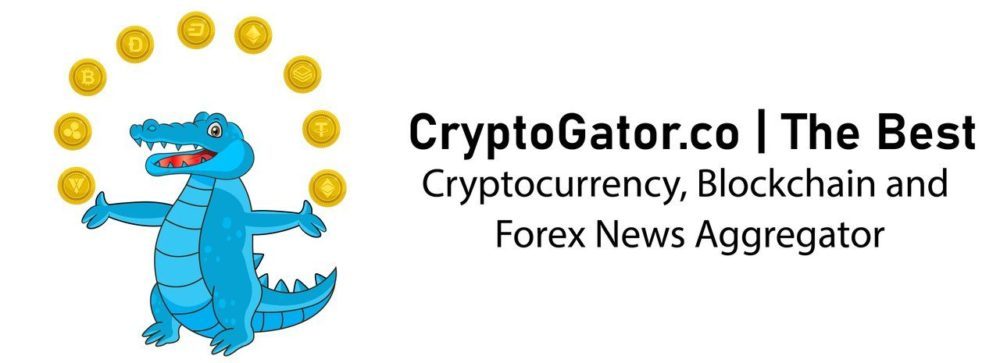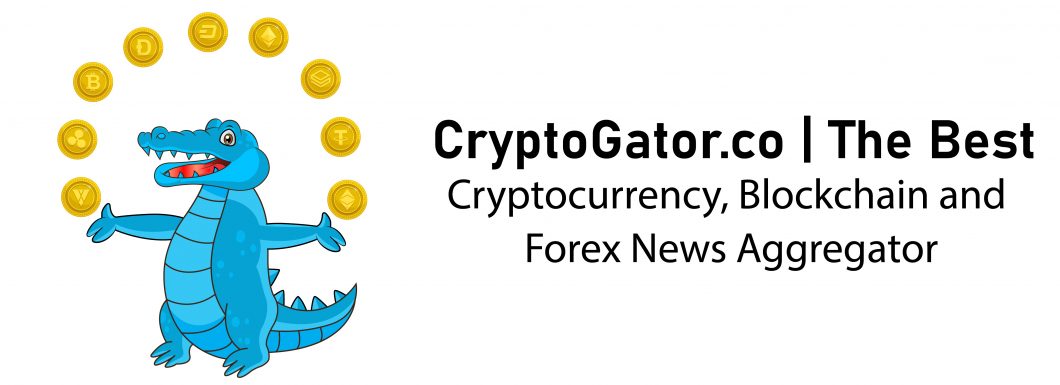<p class=”MsoNormal”>What measures should NFT companies or NFTs put in place to become AML compliant? And, is it worth the trouble?</p><p class=”MsoNormal”>As legislators sharpen their pencils, NFT marketplaces and businesses are <a href=”https://www.financemagnates.com/cryptocurrency/can-nft-marketplaces-be-aml-compliant/” target=”_blank” rel=”follow”>bound to be met with AML compliance requirements</a> and the need to build AML infrastructure.</p><p class=”MsoNormal”>However, they shouldn’t do it blindly. There are questions that every NFT business should consider answering while working their way into AML compliance:</p><p class=”MsoNormal”>Should NFT Marketplaces Become Centralized?</p><p class=”MsoNormal”>Despite the crypto universe’s love for decentralization, a centralized marketplace can effectively become a legal entity.</p><p class=”MsoNormal”>By becoming a legal entity, NFT marketplaces make it easier to both earn user trust and attract investors.</p><p class=”MsoNormal”>While not operating as one, however, they can avoid compliance which is why when/if picking an AML regime, these businesses should seriously ponder over the next point.</p><p class=”MsoNormal”>How Will NFT Sales Deal with Different Jurisdictions?</p><p class=”MsoNormal”>When establishing a marketplace or any other related business, we cannot emphasize enough just how important the jurisdiction is.</p><p class=”MsoNormal”>This can single-handedly destroy one’s strategy as regulations and taxes can greatly vary and really stifle growth.</p><p class=”MsoNormal”>In fact, jurisdiction will matter in 2 incredibly important issues.</p><p class=”MsoNormal”>NFT Marketplaces and KYC Data</p><p class=”MsoNormal”>Some jurisdictions in Europe, for example, will require onboarding processes to include video KYC, which leads to greater attrition in the process as a whole and can certainly take its toll on any company’s conversion rates. </p><p class=”MsoNormal”>The most obviously easy way of addressing any KYC issue is having a reliable KYC provider rather than building everything from the ground up. KYC providers often have KYC+AML processes together with payment providers, so it might be fruitful to pursue those avenues.</p><p class=”MsoNormal”>Marketplaces and Regulation</p><p class=”MsoNormal”>Some countries deal with NFTs in a restrictive manner and knowing how to position an NFT company to avoid falling into the pitfalls of investment regulations becomes key.</p><p class=”MsoNormal”>Europe, for example, has <a href=”https://www.esma.europa.eu/databases-library/interactive-single-rulebook/mifir” target=”_blank” rel=”follow”>MiFIR</a> and <a href=”https://www.esma.europa.eu/policy-rules/mifid-ii-and-mifir” target=”_blank” rel=”follow”>MiFID</a>, while the US has the Truth in Securities Act (Securities Act of 1933) in place. This is the reason why many NFT marketplaces are often positioned as art dealers and not brokers (regardless of NFTs’ speculative nature). </p><p class=”MsoNormal”>What AML Measures Should NFT Businesses Have?</p><p class=”MsoNormal”>Other than defining its risk-based approach, there are at least 2 other very important parameters NFT businesses should look into:</p><ul><li> AML team and AML training: an AML compliance officer is to be appointed and AML training should be given to employees. As such, these marketplaces will be better prepared to identify and deal with money laundering schemes.</li><li> Documentation: NFT businesses should produce documents such as AML policies, a thorough AML compliance program, a detailed risk assessment, data protection regulations, suspicious activity reporting processes, and guidelines on its customer acceptance process policies.</li></ul><p class=”MsoNormal”>Final words: AML compliance May Not Be Mandatory, but…</p><p class=”MsoNormal”>While AML compliance might force NFT marketplaces into the realm of centralization, something which many argue to be against the spirit of the cryptoverse, by doing so they will be earning the trust of both investors and users while avoiding potential sanctions. </p><p class=”MsoNormal”>By not setting the course towards AML compliance there is an increased risk of financial losses for all parties involved. </p><p class=”MsoNormal”>Centralizing these businesses might go against some principles of crypto, but the added transparency and reliability that AML measures are set to bring will certainly be appreciated.</p><p class=”MsoNormal”>So, should NFT business aim for centralization? It might not be the case if they should, rather than they’ll probably be forced to do so in the future and as we all know: “by failing to prepare, you are preparing to fail.”</p>
This article was written by Pedro Ferreira at www.financemagnates.com.



